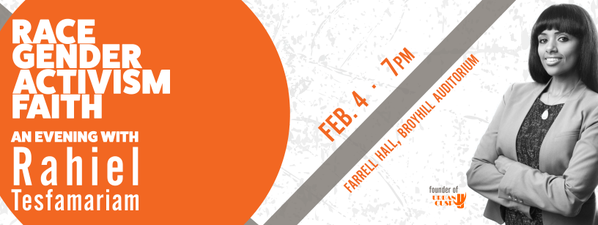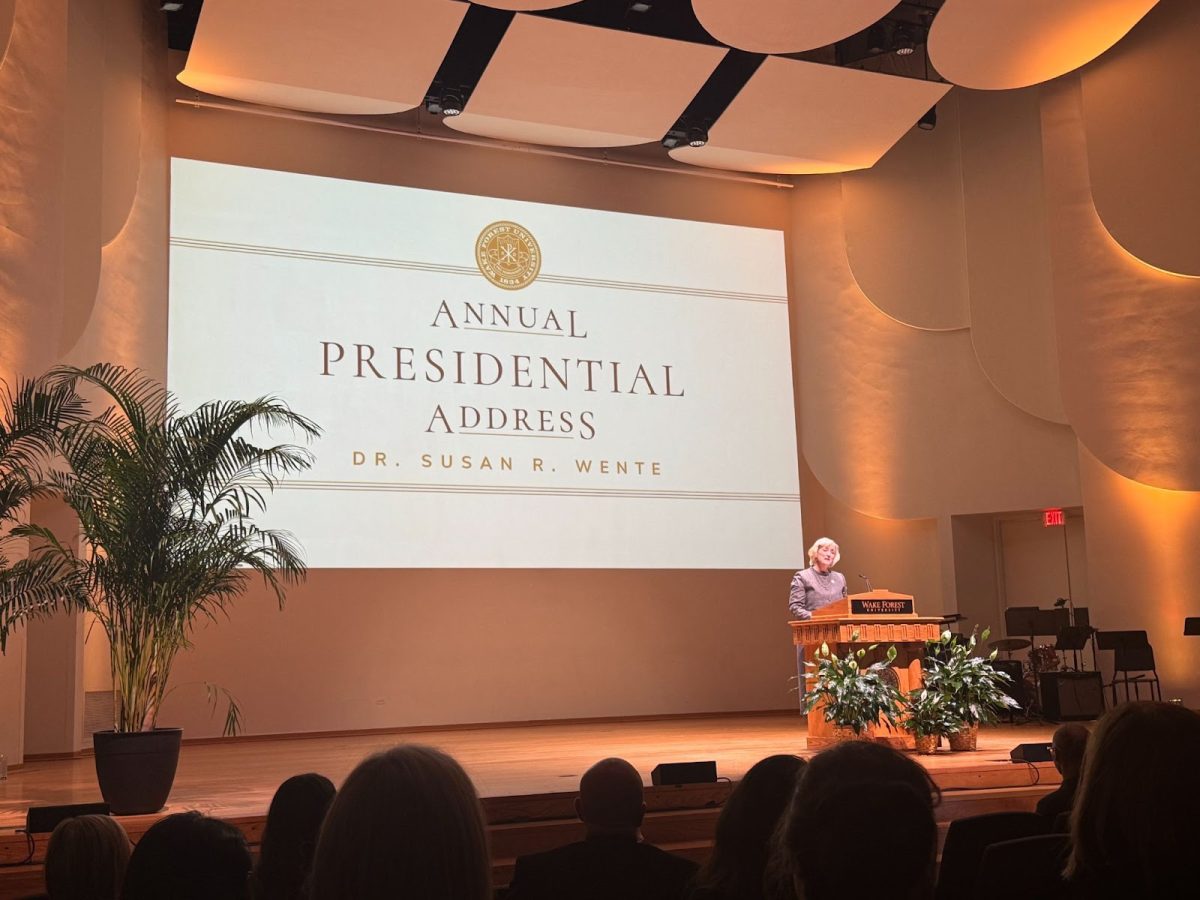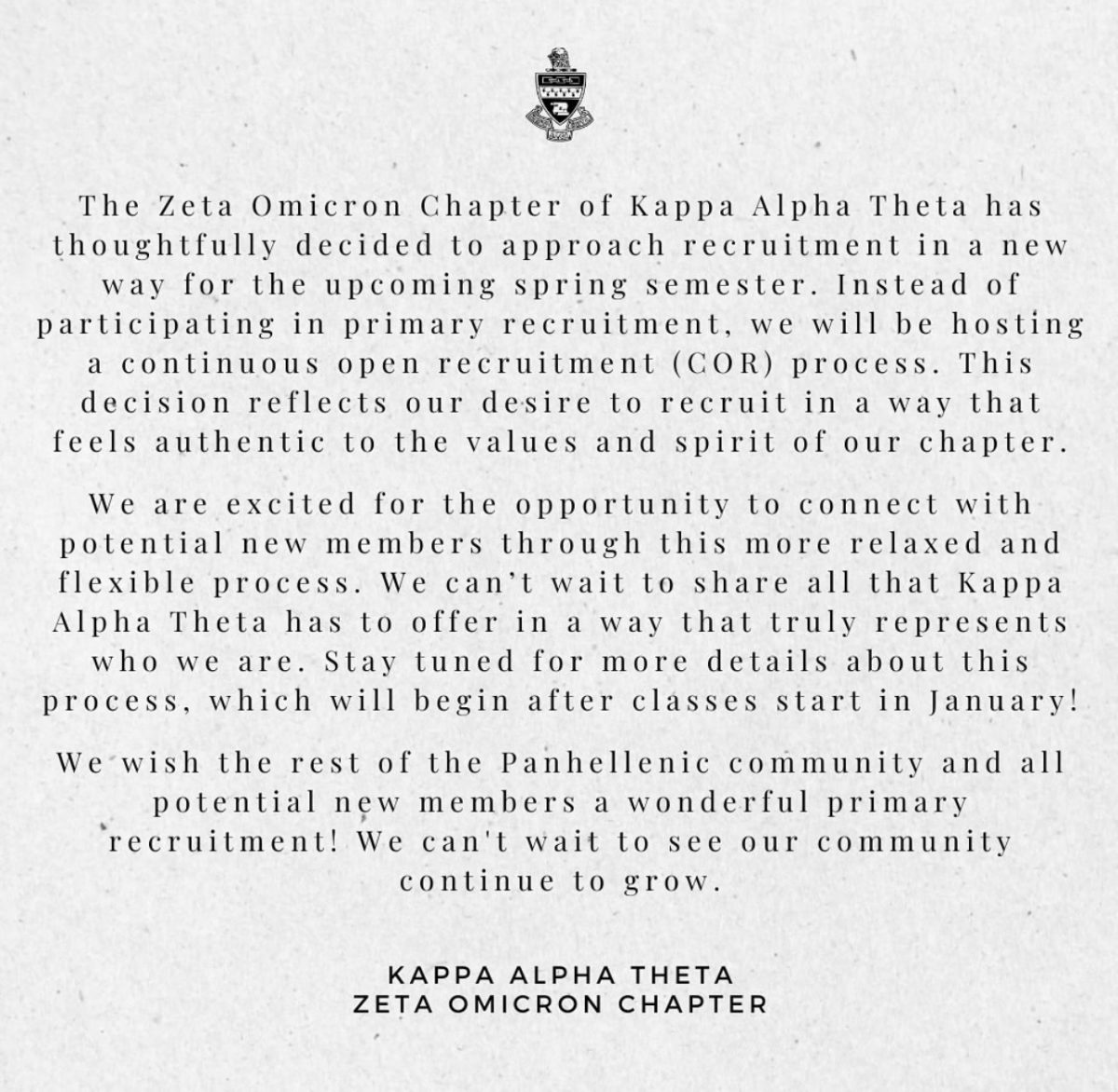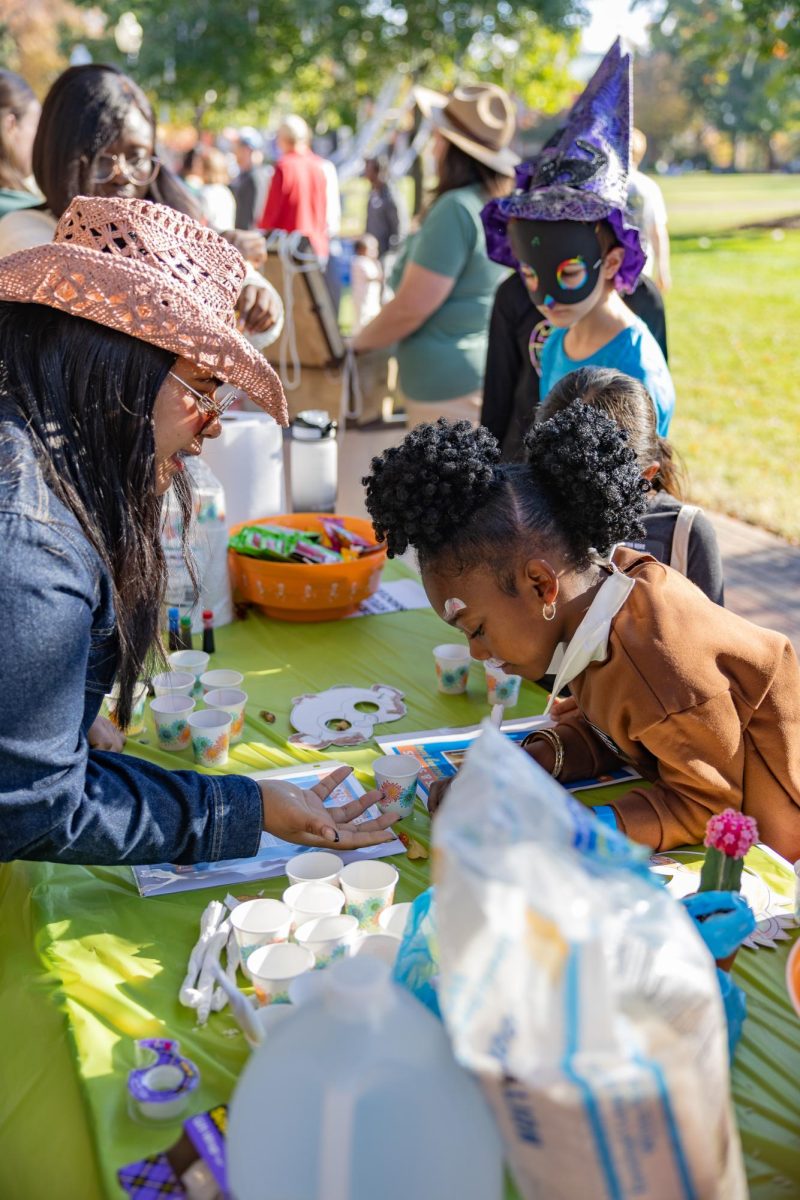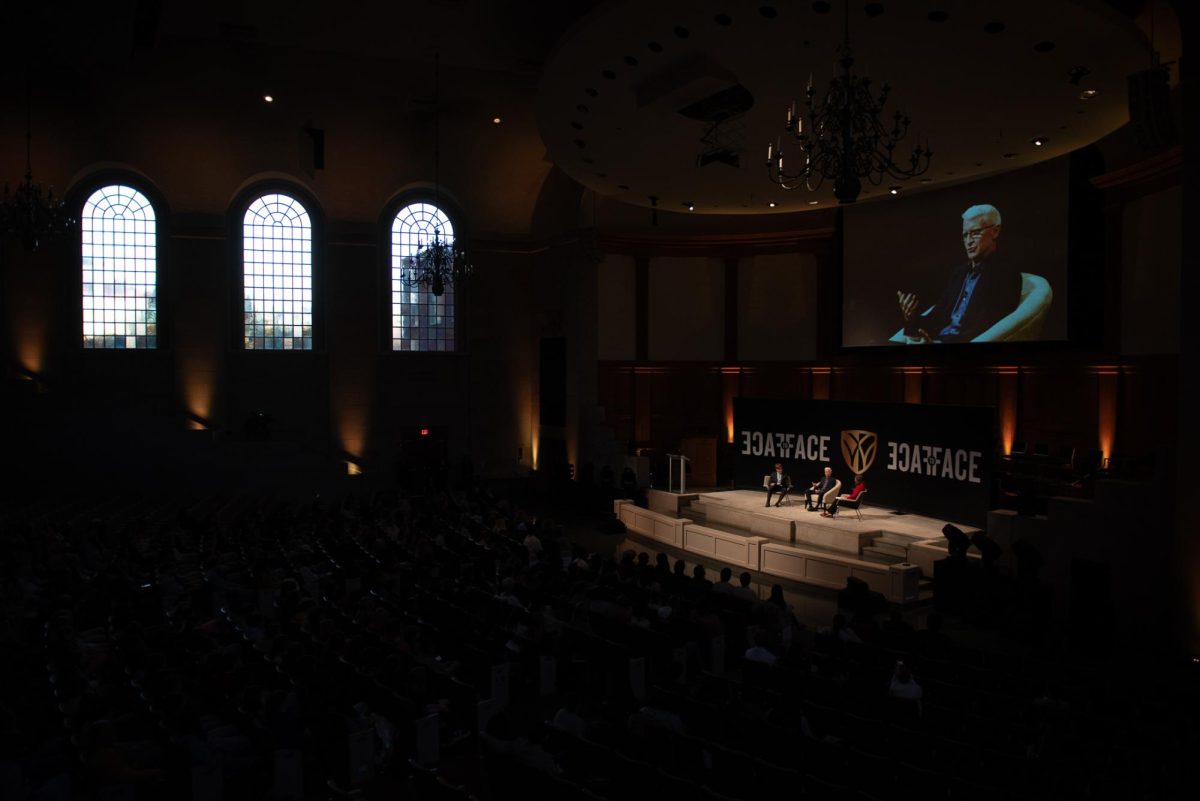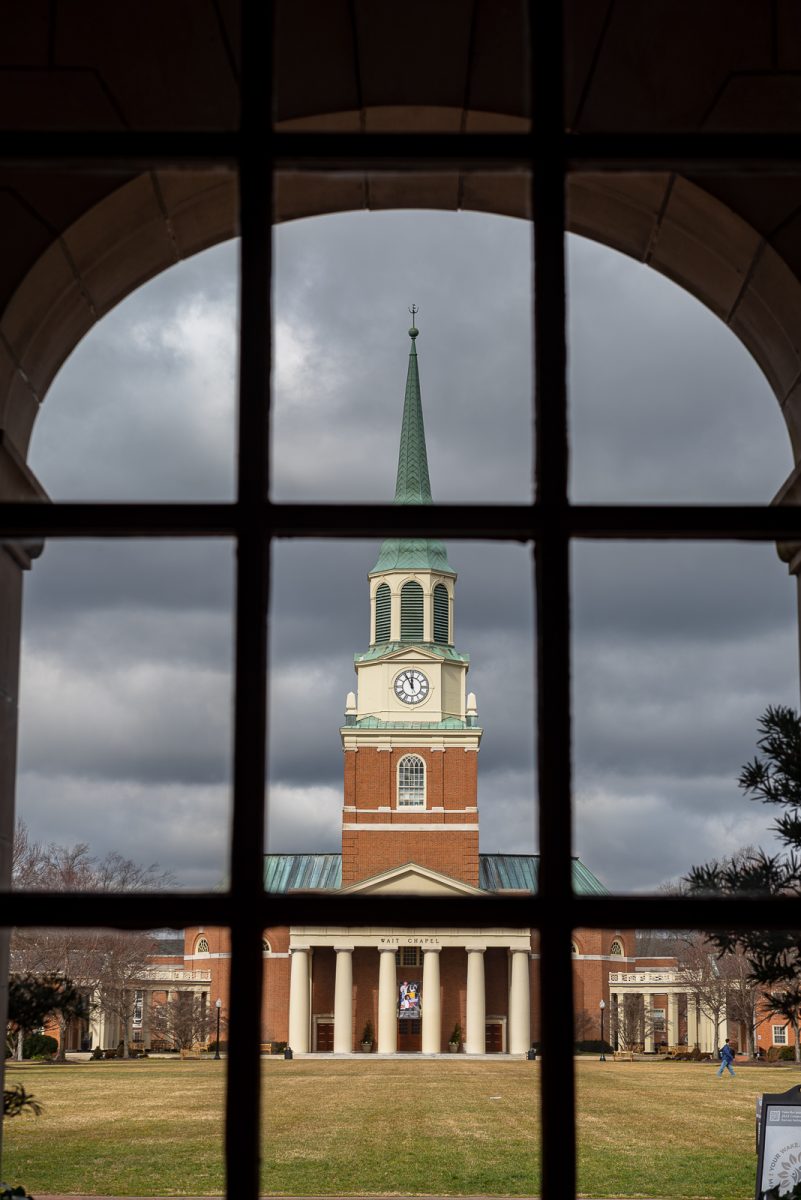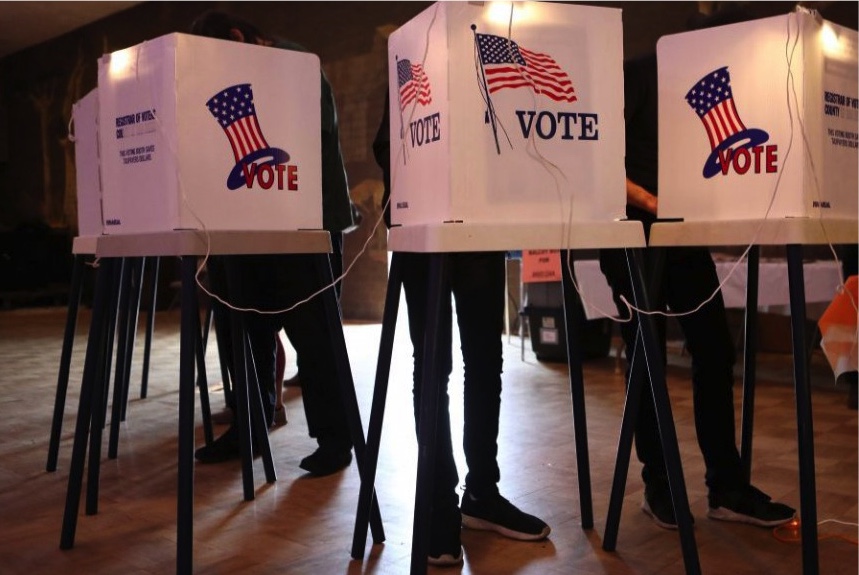On Thursday, Feb. 4, Broyhill Auditorium in Farrell Hall was crowded with people who all came to see the renowned activist Rahiel Tesfamariam speak about race, gender, activism and faith.
The audience consisted of Wake Forest divinity school students, undergraduates and community members.
The event was introduced by Shonda Jones, the associate dean of admissions and student services at the Wake Forest School of Divinity. She proceeded to introduce a preliminary speaker, Wake Forest’s own Demi Day.
Day, a renowned R&B and spoken-word artist, opened with a rap titled “Word to Langston Hughes.”
The rap focused around social justice movements in society and different kinds of identity.
She followed this up with a spoken-word piece about social media’s recent campaigns towards social equality.
Day’s performance was followed by Derek Hicks, an associate professor of religion and culture at the Wake Forest School of Divinity, who introduced Tesfamariam.
Tesfamariam currently runs Urban Cusp, a lifestyle magazine about modern urban life. She has been a part of many other movements and projects and her writings have been published in various sources, from online Christian forums to The Washington Post.
Tesfamariam opened with a few words of thanks, reflecting on how meaningful it was for her to be here. She then moved to a discussion about the climate and context of our times, explaining how significant it was that a woman and a socialist are the two main candidates for the Democratic Party nomination in this year’s election.
Her discussion of the political climate continued on to explore the various candidates from both parties. In her view, Donald Trump and Ted Cruz represent the extreme wealth and conservatism that have come to characterize a portion of America, while Bernie Sanders reflects the recent movements towards socioeconomic equality.
Transitioning, Tesfamariam gave dates of events over the past five years that she believes led to the sociopolitical climate of today.
Beginning with the Arab Spring in 2011, she went through the Occupy Wall Street and “We are the one percent” movements, explaining how important it was that the main bulk of these protestors were middle class white males. She noted that “when you become broke and poor, you start looking for similarities”.
Moving on from these broader strokes, she brought up the execution of Troy Davis, and the shooting of Trayvon Martin, both controversial deaths of African Americans that began to spark more conversations about race issues in America.
Touching on a few other incidents, Tesfamariam explained that “the conditions for revolution were set.”
Out of these conditions came the incidents in Ferguson and Baltimore — leading to the Black Lives Matter movement.
“Social media is altering who has power,” Tesfamariam said. “The more exposure you have, the more validation you have.”
Next, she touched on common misconceptions about being black, and the way white culture shapes America’s views on race.
She spoke about the degradation of black culture by white people, the lies about black criminology and the psychological effects these things have on African Americans.
She talked about the controversial shootings of black men by white police officers and the high number of bullets sometimes used.
“How many bullets does it take to kill a black man?” she asked.
Concluding this particular topic, she mentioned that it is now acceptable to talk openly about black rage and black power because of today’s climate.
“In this moment, where we’re rendered helpless, we’re given power in a new way,” Tesfamariam said.
After her speech, Tesfamariam opened the floor for questions.
When asked what her next step is, she said, “I don’t really do next steps … my plans have never been as good as God’s. But you will be seeing a book from me in the next years.”
In response to being asked how she would identify herself in a label place on Christianity in America, she that she doesn’t use labels because she “believe[s] labels have a way of diminishing a person’s story.”
While her talk touched on many different things, it was united with a depth and breadth of passion for her subject, and a deeper understanding of the bigger picture.
Her speech to students was colored by her various personal experiences, all of which allowed her to speak about topics from a unique, personal viewpoint.
“I appreciated how honest Rahiel was and how willing she was to share her personal experiences,” said freshman Mary Daniel Cheek.
Junior Jennifer Green was also inspired by Tesfamariam’s presentation.
“Rahiel’s talk about race, feminism, and faith brought together all these different aspects into one cohesive speech that everyone benefitted from, in not just one way, but many,” Green said.


